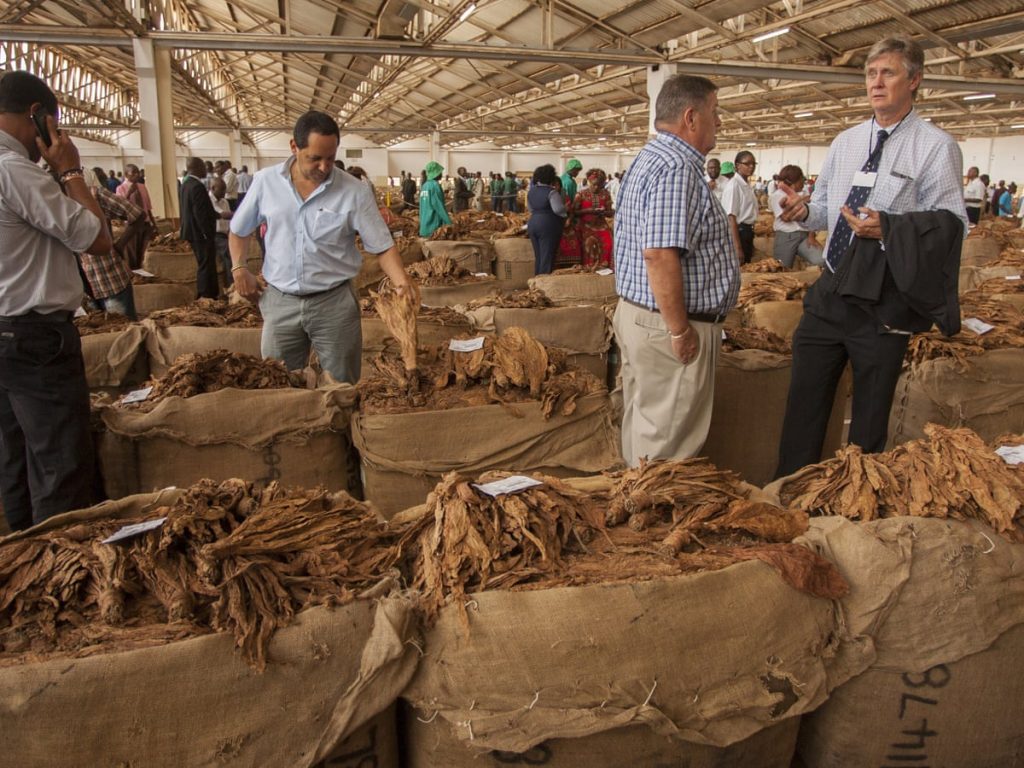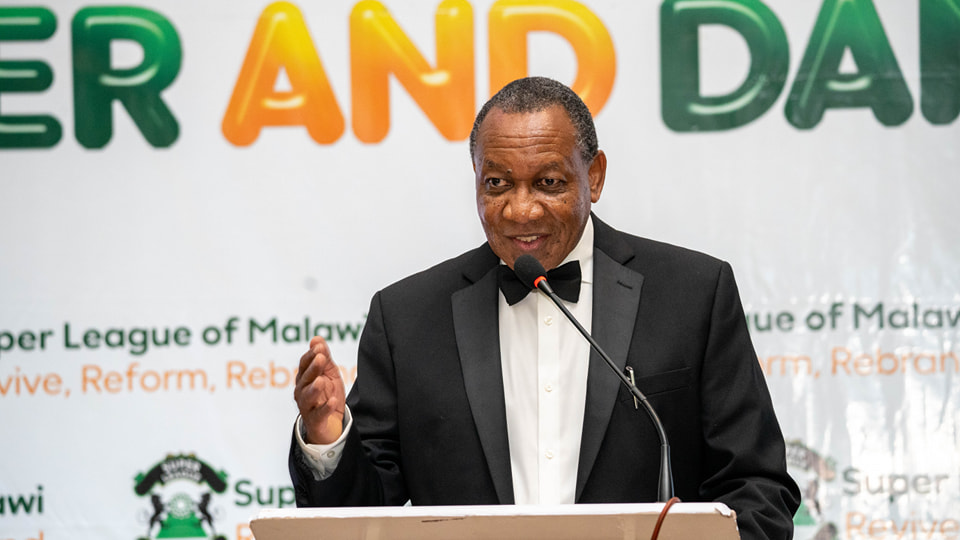Using the National Economic Empowerment Fund (Neef) to phase out the expensive and frustrating Affordable Inputs Programme (AIP) is a viable move because it really goes to the heart of empowerment.
It is not a package of handouts or the degrading and dehumanizing inputs subsidies that do not sub-vent much when you consider the cost of frequent travels and time spent to access the inputs.
It is an opportunity for poor, but able farmers to regain control of their lives and disentangle themselves from the tight rope politicians and bureaucrats have wrapped around them and squeezing tight.
The good thing is that government has already put in place social protection programmes to support the most vulnerable in society—those too old, too weak, too young or too physically challenged for manual work or to indulge in active economic activities.
Such folks should continue to benefit from much smaller ‘free’ inputs and livestock initiatives and use the cash transfers they get from government to hire labourers to help them with farming and complementing these with savings and investment programmes aimed at their long-term empowerment and financial independence.
Otherwise, most able-bodied people want to control their destinies—get, for example, fertiliser and seeds at the time and place of their choice because they have the finances to do so, not wait for the bureaucrats and politicians to parade around while creating fertile grounds for corruption and thus increase the cost of the ‘subsidy’.
The Malawi Government itself embraces the definition of economic empowerment as “improving the livelihood of Malawians through increased access to economic factors of production, and various facilities that enhance the potential for engaging in businesses and other income generating activities. These activities may be in the form of wage employment or business ventures.”
In other words, if Malawians can be empowered enough to have access to productive assets, land, good infrastructure and adequate skills, they do not need AIP because with such empowerment, not only can the citizens afford their own farm inputs, they can employ themselves and create jobs for others.
Remember that smallholder farmers produce 80 percent of Malawi’s food and 20 percent of its agricultural exports. Another fun fact: 80 percent of people in this country are employed in subsistence agriculture, which means that if you empower this silent and downtrodden majority, you would go a long way in solving a large part of Malawi’s job problem because they will power economic growth, create employment and bring in the foreign currency this country needs.
Neef can come in very handy in this regard, especially because it has found a way of keeping its loan collection rates high enough to sustain itself, somewhere around 75 percent.
It has to be said, however, that Malawi’s history of economic empowerment initiatives, especially in agriculture and local entrepreneurship in general, is a checkered one. There was a time in the 1960s and early 1970s that government pushed major commercial banks to come up with loan facilities for large-scale farming entities otherwise known as estates because at the time the thinking was that we needed to produce at a large scale to support the economic development agenda then.
Capital Hill even established its own financial house—the Investment and Development Bank (Indebank) whose main mandate was to give loans to large-scale businesses, including farming.
The private banks survived to this day, but Indebank struggled and was later sold around 2015 to National Bank of Malawi, one of the very two banks government also directed to offer loan products in support of the government agenda. That should tell us how government performs when it gets into the business of forking out loans.
That fate was shared by the likes of Development of Malawian Enterprises Trust (Demat) the Malawian Entrepreneurs Development Institute (Medi), the Small Enterprise Development Organisation of Malawi (Sedom) and even Indefund—all formed in the 1980s.
Neef’s predecessor, Malawi Rural Development Funds (Mardef), also collapsed under the weight of decimal loan recoveries.
The common denominator for the fallen State-run banks and microfinance institutions was political involvement—from hiring the people running the organisations to interfering in who gets the loans.
I can only hope that Neef does not get trapped into the bottomless pit the others were pushed into because it is too important not just in helping to empower Malawians, especially farmers, but in helping saving trillions in taxpayer kwachas that agriculture inputs subsidies cost government over time.
These savings can also be reinvested in the kind of agriculture infrastructure and support services that can help smallholder farmers secure a more sustainable agriculture future, especially in these days of climate change that are hitting crop yields hard.
So, yes, a Neef that supports the poor farmer to shape and control his or her own destiny instead of relying on a broke government that takes advantage of their disempowered state while allowing its officials shortchange its people through dubious procurements of subsidized inputs, is something I can rally behind.
So far, Neef appears to be run professionally—and it must stay that way.
The post Using Neef to phase-out AIP brilliant, but first appeared on Nation Online.
The post Using Neef to phase-out AIP brilliant, but appeared first on Nation Online.
 Moni Malawi
Moni Malawi 

